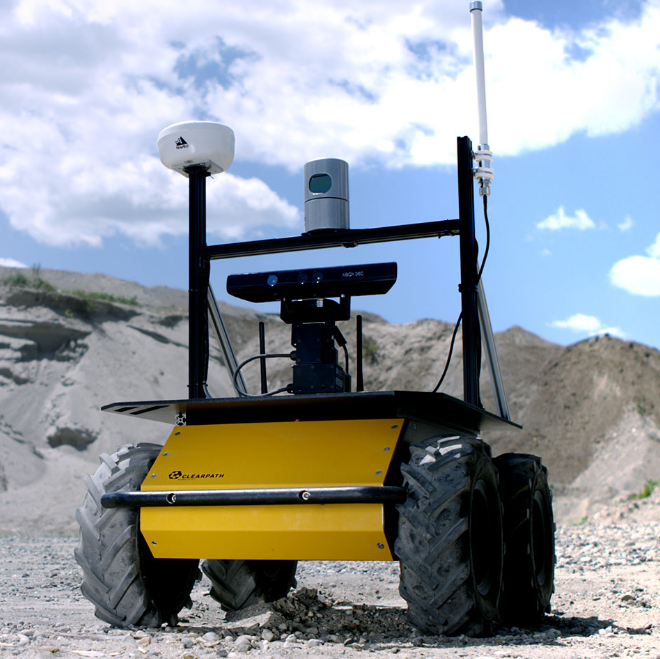std::prev
原型template <class BidirectionalIterator>
BidirectionalIterator prev (BidirectionalIterator it, typename iterator_traits<BidirectionalIterator>::difference_type n = 1);
该函数会返回一个距离 it 迭代器 n 个元素的新迭代器。当 n 为正数时,其返回的迭代器将位于 it 左侧;反之,当 n 为负数时,其返回的迭代器位于 it 右侧。1
2
3
4
5
6
7
8
9
10
11
12
13
14
15
16
17
18
using namespace std;
int main() {
//创建并初始化一个 list 容器
std::list<int> mylist{ 1,2,3,4,5 };
std::list<int>::iterator it = mylist.end();
//获取一个距离 it 迭代器 2 个元素的迭代器,由于 2 为正数,newit 位于 it 左侧
auto newit = prev(it, 2);
cout << "prev(it, 2) = " << *newit << endl; // 4
//n为负数,newit 位于 it 右侧
it = mylist.begin();
newit = prev(it, -2);
cout << "prev(it, -2) = " << *newit; // 3
return 0;
}prev() 函数自身不会检验新迭代器的指向是否合理,需要我们自己来保证其合理性。
next()函数和prev()函数恰好相反
